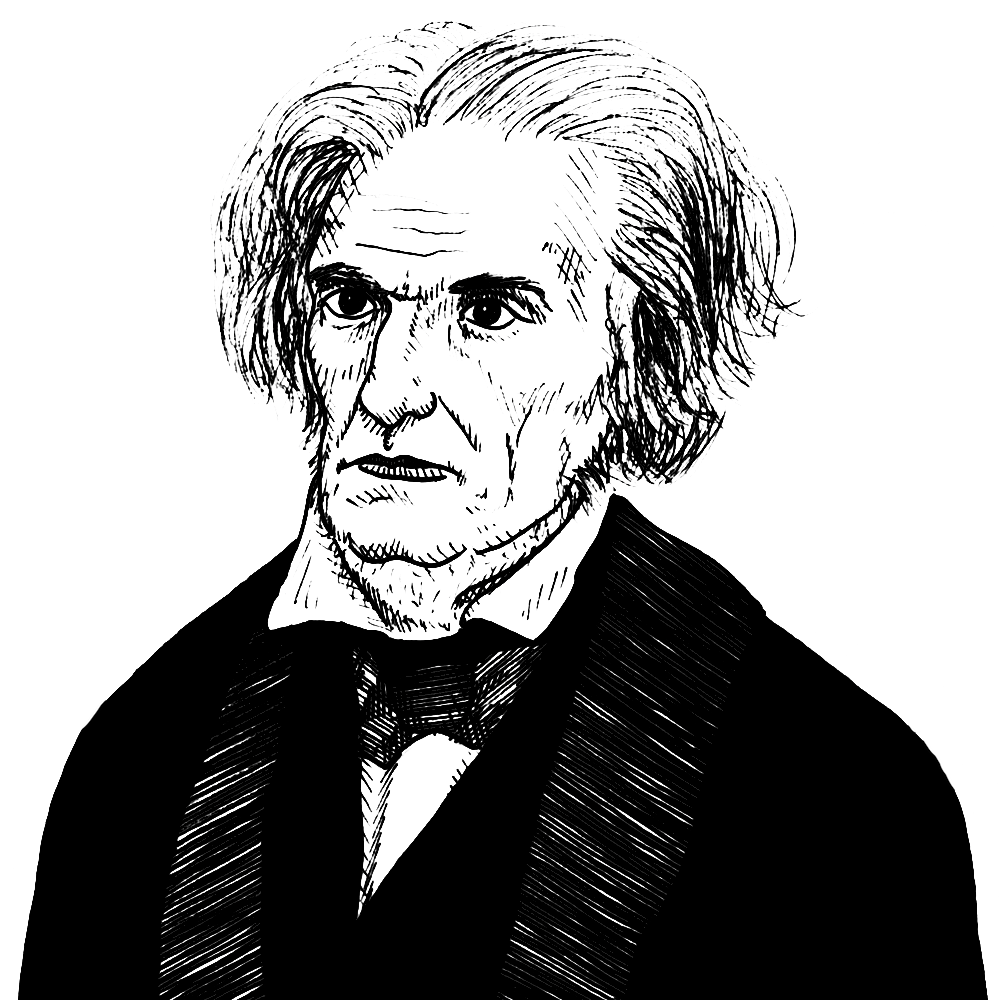
John Calhoun on Compromises
Found in: Union and Liberty: The Political Philosophy of John C. Calhoun
Earlier in his career, John Calhoun had defended his theory of state nullification in part as a spark for Congressional compromise. And that is what happened over the tariff controversy: South Carolina’s nullification of the tariff prompted a moment of crisis, which was resolved when Calhoun and Henry Clay agreed to a compromise tariff, even as the constitutional question surrounding the taxing power remained unresolved. The tariff rate, however, was raised again after roughly a decade under the compromise rates. As national politics became more strictly sectional (with Calhoun as one of the central voices of the Southern bloc) and focused more exclusively on slavery-related policies, Calhoun’s faith in Congressional compromise waned. Introducing a set of resolutions that he said was meant to gauge the level of consensus around slavery’s constitutional status, he said:
Colonies, Slavery & Abolition
I see my way in the constitution. I cannot in a compromise. A compromise is but an act of Congress. It may be overruled at any time. It gives us no security. But the constitution is stable. It is a rock. On it we can stand, and on it we can meet our friends from the non-slaveholding States. It is a firm and stable ground, on which we can better stand in opposition to fanaticism, than on the shifting sands of compromise. Let us be done with compromises. Let us go back and stand upon the constitution! (FROM: SPEECH ON THE INTRODUCTION OF HIS RESOLUTIONS ON THE SLAVE QUESTION)